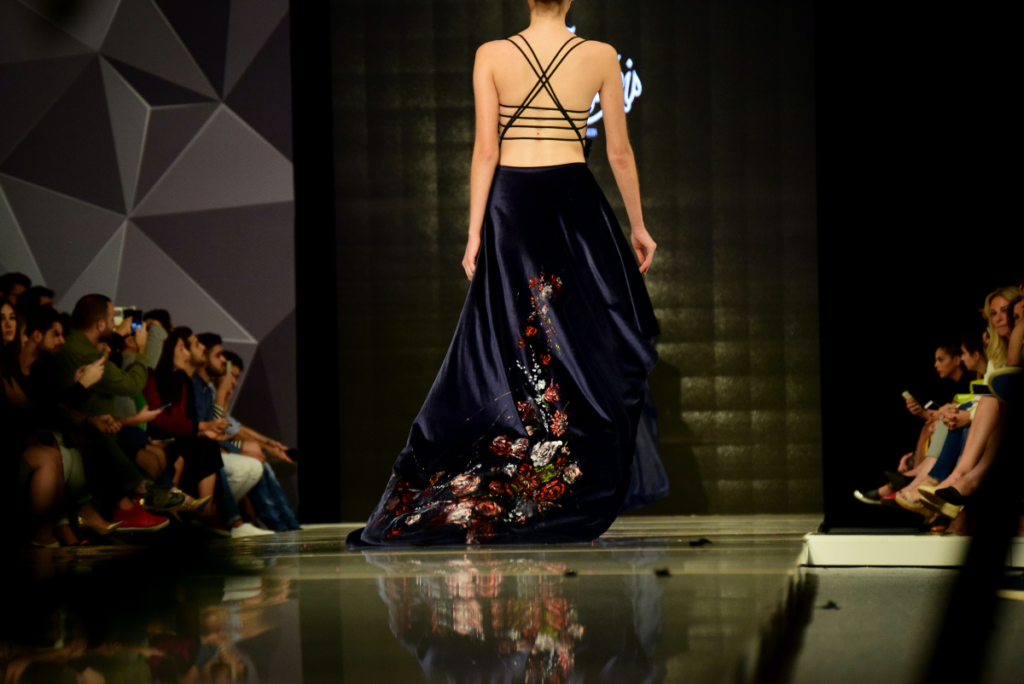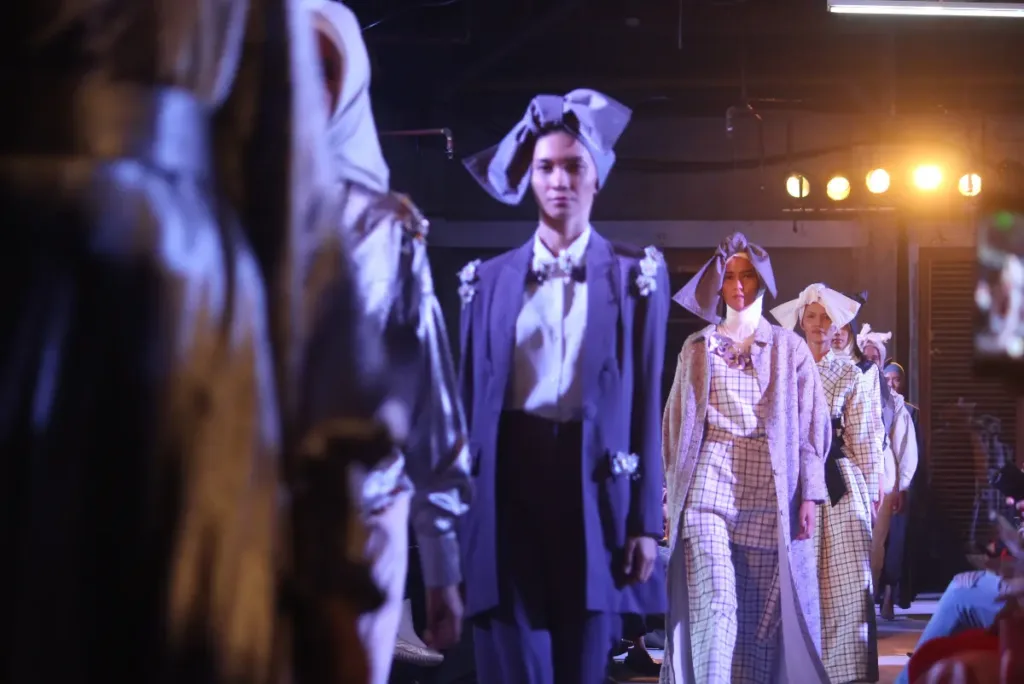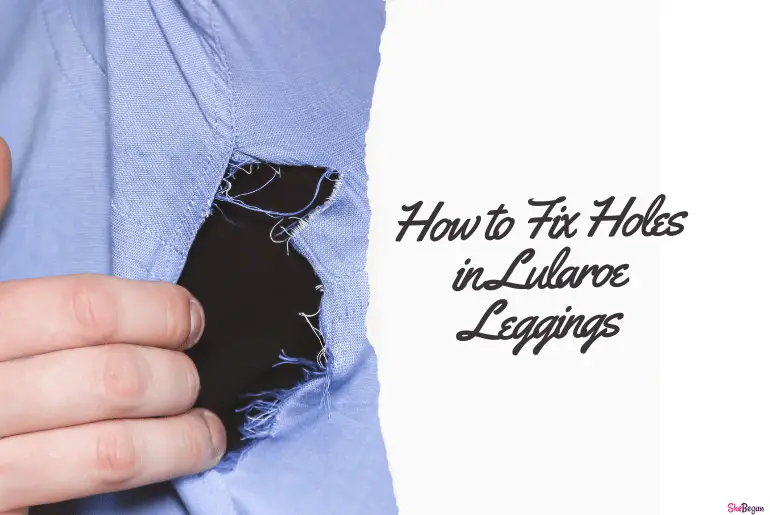- Introduction: The Tapestry of Trends and Time
- The Aesthetics of Novelty: Innovation or Shock Factor?
- The Theater of the Runway: A Stage for Societal Narratives
- Sustainability on the Catwalk: A New Paradigm
- Inclusivity in the Spotlight: Fashion for Whom?
- The Temporality of Trendsetting
- The Ritual of Consumption: From Spectatorship to Ownership
- Virtual Realities: Fashion Shows in the Metaverse
- The Cult of Personality: Designer as Philosopher-King
- The Fashion Follower: Agency or Adherence?
- The Future Fabric: Where Do We Go from Here?
- The Eternal Cycle of Fashion
Introduction: The Tapestry of Trends and Time
Fashion, much like the rich tapestries of old, is a complex weave of trends, time, and societal influences. In this digital age, where the new can quickly become old and what was once passé can resurface with vigor, the world of fashion reflects not just the zeitgeist but acts as a canvas for a more profound philosophical discourse.
This transient nature of fashion calls into question the authenticity of trend-following and the impact of such a pursuit on personal and cultural identity.
The modern age thus presents a dilemma: should we follow fashion for its novelty and shock value, or should we seek a deeper connection with the clothes we choose to wear?
The Aesthetics of Novelty: Innovation or Shock Factor?
Épatage, a term that captures the essence of shock in art and fashion, is a provocative tool in the designer’s repertoire. Historically, fashion has always been about the new and the exciting, often pushing boundaries to make a statement.
But where does one draw the line between true innovation and spectacle for spectacle’s sake? The balance between avant-garde and wearable art forms a crucial debate within fashion shows, as designers strive to impact while remaining tethered to the reality of the consumer’s world.
The Theater of the Runway: A Stage for Societal Narratives
Fashion shows have long been platforms for more than just clothing. Even the most elaborate T-shirts can be made using t-shirt design template in various services. Contemporary shows are stages where social and political commentaries play out in fabric and form.
The stories told through collections speak a complex language of cultural reflections, inviting interpretation and introspection from the audience.
However, these narratives are not without ethical implications, as designers spin tales that have the power to shape societal norms and values.
Sustainability on the Catwalk: A New Paradigm

The fashion industry’s environmental footprint has prompted a shift towards sustainability on the runway. This paradigm shift brings to light the paradox of sustainable fashion in an industry driven by constant change.
Fashion shows are now arenas for showcasing eco-conscious design, but they also raise questions about the very nature of slow fashion in a world still enamored with the spectacle of seasonal trends.
Inclusivity in the Spotlight: Fashion for Whom?
The movement toward body positivity and diversity has dramatically altered the landscape of fashion shows. Philosophical discussions about beauty standards and the democratization of fashion are now at the forefront.
The presence of diverse bodies on the runway challenges long-held norms and promotes a message of inclusivity, impacting how society views beauty and representation.
The Temporality of Trendsetting
The quest for the new is an existential feature of the fashion industry. Trends have a life cycle characterized by birth, dominance, obsolescence, and often, rebirth.
This cyclical nature begs the question of what truly constitutes permanence in fashion and whether the pursuit of timelessness is realistic in a world obsessed with the next big thing.
The Ritual of Consumption: From Spectatorship to Ownership
The transformation from fashion show spectator to consumer involves a complex psychological journey. The desire to own pieces from the runway speaks to deeper philosophical yearnings for identity and belonging.
Consumerism driven by fashion shows warrants a critical examination, especially in the era of ‘see now, buy now’ that has accelerated the consumption cycle.
Virtual Realities: Fashion Shows in the Metaverse
As fashion shows enter the realm of virtual reality and the metaverse, they bring about new philosophical questions concerning digital identity and presentation.
The digitization of the fashion experience opens up debates about the sustainability and accessibility of these new platforms, challenging the traditional modes of experiencing and consuming fashion.
The Cult of Personality: Designer as Philosopher-King
In this era, designers often take on the mantle of philosopher-kings, with their personal ideologies significantly impacting fashion narratives.
The tension between the designer’s intent and the public’s interpretation, and the cultural capital of celebrity designers, shapes the fabric of the fashion discourse and influences social ideals.
The Fashion Follower: Agency or Adherence?
The act of following fashion brings up the philosophy of personal style versus fashion dictates. Individuals must navigate their autonomy in the sea of trends, balancing the psychological underpinnings of wanting to fit in with the zeitgeist against a desire for personal authenticity.
Is fashion innovation a form of personal expression, or does it signal conformity to a transient ideal?
The Future Fabric: Where Do We Go from Here?
Looking forward, the predictive power of fashion trends continues to fascinate and perplex. As we contemplate the philosophical implications of trend forecasting, the fashion industry must find equilibrium between honoring heritage and embracing innovation.
The future fashion shows may well be a blueprint for how we will view the relationship between our culture and our clothes.
The Eternal Cycle of Fashion
In essence, fashion is an endless cycle of change and constancy, where the new is forever on the horizon while the old is remembered and sometimes revered. The role of the individual in this ecosystem is dynamic and nuanced, contributing to a personal and cultural identity that is ever-evolving.
Fashion shows, as a reflection of this interplay between history, present, and future, remain pivotal in the ongoing conversation that is fashion. They are not just about observing trends but participating in a dialogue that spans time and speaks to the very core of human creativity and expression.






